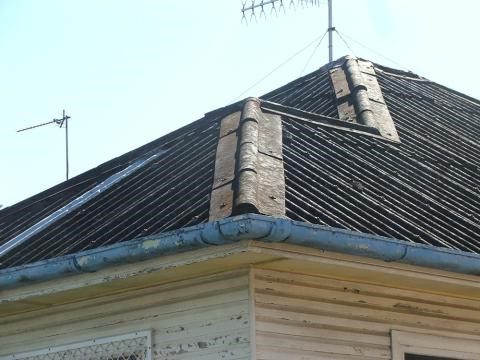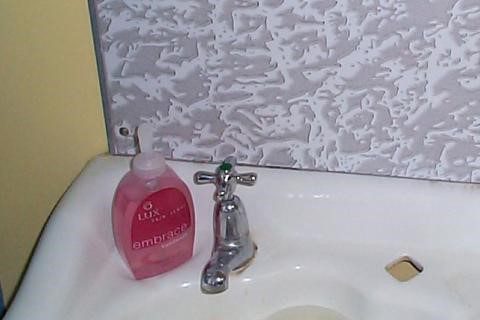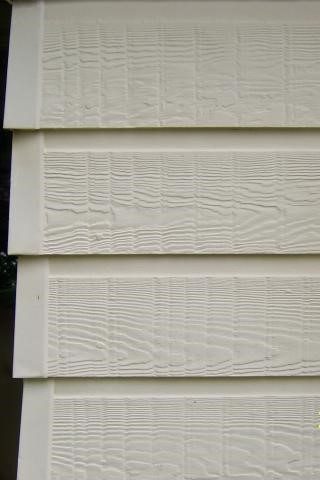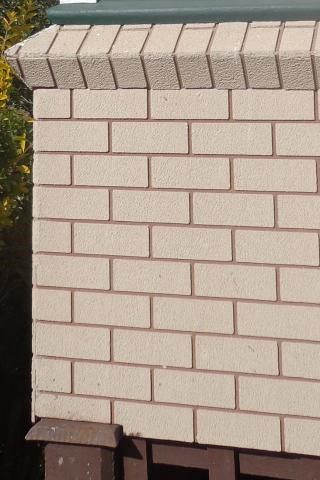Everyone who has heard of asbestos knows that it is dangerous. We hear a lot about mesothelioma and various types of lung cancer, and that they are caused by asbestos. But exactly what is asbestos? Once considered a miracle building material due to its many uses and fire-resistant properties, asbestos is now the epitome of the adage that if something seems too good to be true, it probably is. In this blog we will provide some general asbestos information and answer the question of what is asbestos. We will also highlight what have been some common uses for asbestos, as well as common places where asbestos may be found. We want you to be informed so you can take the necessary precautions to stay safe by avoiding asbestos exposure.
Asbestos is Dangerous – Professional Services Are Needed
The contents of this blog article are meant to be for informational use only. Asbestos is dangerous, and you should never try to move, remove or otherwise disturb asbestos, or what you think could be asbestos – that is a job left to professionals. If you are unsure if there is asbestos in your building, or in a building you are considering for purchase, contact ASBIR for our property inspection services. We can be reached on 1300 553 007, or by email at info@asbir.com.au. We provide the home and building inspections Brisbane has come to rely on, and we will provide you with all the answers to your asbestos concerns.
What is Asbestos?
Asbestos is the label used for a group of naturally occurring mineral fibres. There are six types of asbestos mineral fibres:
- Chrysotile
- Amosite
- Crocidolite
- Tremolite
- Actinolite
- Anthophylite
Asbestos fibres occur in a variety of colours, such as, white, blue, brown or grey. When these fibres become airborne and are inhaled, they become a health hazard.
Health hazards include impaired breathing, lung cancer and other diseases that affect the lung linings and are often fatal.

Corrugated / super six roof sheeting

Splashback over sink
Should I Worry About Asbestos?
If your house was built before 1990 there’s a good chance it contains some asbestos. Asbestos was widely used in the building industry between the 1940s and the 1980s because it was an excellent insulator and was fire resistant. Up to 1987 Australia had one of the highest rates of asbestos use across the world.
Even though asbestos was banned in building materials in 1990, some houses built up to 2003 were built with products containing asbestos. The total ban of asbestos came into effect on the 31st of December 2003.
Where is asbestos used in the home?
Because of it’s insulation and heat resistant properties, asbestos was used in a wide range of products. It is common myth that asbestos is only used in wall and ceiling sheeting but in reality it can be found in nearly every room of the house including the following:
- carpet & vinyl underlay
- floor tiles
- lining behind floor or wall tiles
- exterior cladding
- interior wall sheeting
- fencing
- sheds
- concrete formwork.
- Roofing
- Gutters
- Gables & eaves
- Fuse boxes
- Telecomuunication pits
- Expansion joints
- Textured paints
- Corrugated (super six) roof sheeting
- Electrical wiring sheaths

Exterior cladding

Imitation brick containing asbestos
How To Identify Asbestos
Consult an expert.
Whilst an experienced inspector would have come across asbestos during their career and often has some idea of the types of products that contain asbestos, it is very difficult to identify all asbestos containing material just by looking at it. The only way to know for sure is to test a sample in a lab.
So, if the presence of Asbestos is suspected, the inspector will always recommend that a Licensed Asbestos Expert be called to make a further evaluation and conduct tests as necessary.
Check out the QBCC Asbestos Finder Tool:
Contact Us Today for More Information
You have questions about asbestos information, and ASBIR is ready to provide you with the answers. Contact us today with any enquiries related to asbestos or property inspections. We can be reach on 1300 553 007, or by email at info@asbir.com.au. We look forward to working with you.


